

Nations Don't Run on Autopilot
By edentu OROSO
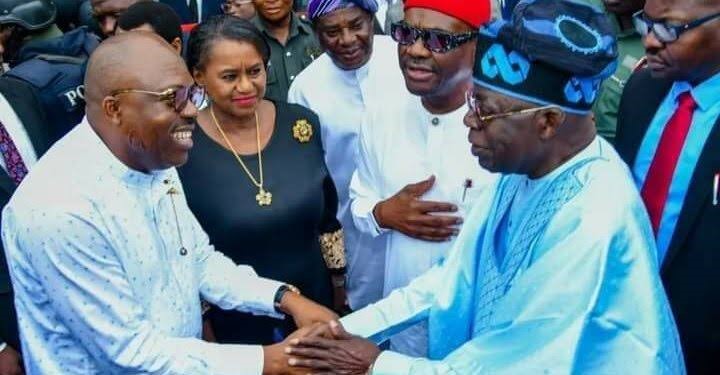 President Bola Tinubu, FCT Minister, Nyesom Wike and Suspended Rivers Governor, Siminalayi Fubara
President Bola Tinubu, FCT Minister, Nyesom Wike and Suspended Rivers Governor, Siminalayi Fubara
There’s a prevailing notion that every nation gets the kind of leaders it deserves. It is a belief that skirts dangerously close to truth. The birth and evolution of nations are inseparably tied to the consciousness of their founding elites and the succeeding generations that inherit the mantle of leadership. The political and economic pulse of a nation, the pleasant or stale breath it exhales into the world, is the sum of the converging energies of its people—specifically, its leaders and the multitudes who follow them.
Nations do not run on autopilot. That in itself would be a dangerous precedent, if it were ever so. There are always hands at the controls—pilots in the cockpit, charting the course through clear skies or navigating storm-laden clouds. Some ascend to these exalted positions by flukes of history, while others rise by a mix of predestination and popular will. Yet, in the governance of states, how one arrives at the helm is as significant as what one does upon arrival. Leadership is not a privilege to be luxuriated in; it is a burden of urgent service, a responsibility to steer the fate of millions towards safety and prosperity.
Just as nations can be flown, they can also be harnessed—like carts drawn by a select few for the benefit, or detriment, of the many. The ideological inclinations and worldviews of the ruling class ripple through society with their diverse currents, shaping the destinies of those they govern. In ideal circumstances – a rare occurrence in contemporary Africa - the will of the majority enthrones the leadership of the few, an arrangement sanctified in democratic traditions. Here, the aspirations of the people find expression in the policies and pronouncements of those elected to serve them.
But when leadership ascends not on the mandate of the people but through the deft manipulations of power, the distortion is inevitable. When greed eclipses governance, and legitimacy is traded for personal gain, the few at the top steer the machinery of state toward tyranny and totalitarianism. The consequences are stark: a nation meant to soar is instead dragged through the mud, its trajectory dictated by opportunists rather than visionaries.
There is another peril. Perhaps the most steeped, the most scathing. Leaders blinded by what Plato termed the ‘Idols of the Cave’—trapped in the shadows of their own illusions—stumble in their interpretation of national needs. Whether through ignorance, self-interest, or sheer incompetence, they misread the imperatives of governance, and the results are catastrophic. The nation, like a rickety cart, lurches towards the abyss, while those on board—ordinary citizens—brace for impact when they should be basking in the security of foresighted leadership.
At the core of great leadership lies values—sacred, unshakable principles that shape governance and inspire followership. A leader is only as strong as the values they uphold, just as a nation is an intricate web of its ideals and governing philosophies. But legitimacy, in many societies, is often mistaken for subservience. Over time, the inability of citizens to question authority or hold up a mirror to their leaders has bred a culture of acquiescence. Hero worship in governance begets not just ineptitude but an entrenched culture of political recklessness, where incompetence, excesses, and even outright plunder go unchecked.
Also, nations that are making laudable developmental strides are propelled by vision and values. Their leaders and followers are equally committed to pushing the frontiers of knowledge, industry, and technological advancement. They invest in strong institutions, not just personalities. They cultivate a culture where leaders are held accountable, where no one—no matter how exalted—is above the law. Here, governance is not a game of impunity, and deviations from the norm are not the rule but the rare exception.
But this is not the case everywhere. In our clime, leadership is seldom moored to the raft of values or principles. Here, power is not a sacred trust but a transactional conquest, a prize wrested through brute force, manipulation, and patronage. Our leaders, numb to the nobler virtues of the human experience such as empathy and integrity, possess hides as thick as the crust of the earth. The suffering of the people is but a distant murmur beneath their gilded corridors of excess. Their lifeblood seems to be nourished not by the well-being of their citizens but by the very despair they inflict upon them.
The inescapable reality is that many bulldozed and bribed their way into office, owing allegiance not to the electorate but to the godfathers and power brokers who anointed them. Public service, in theory, is a calling to advance the common good; in practice, it has become a feast for the voracious, where the spoils of governance are devoured in a grotesque carnival of self-interest. The notion of legacy, of leaving an indelible mark of honour and service, is but a fleeting whisper, drowned out by the clinking of ill-gotten wealth. Rather than uplift society, they squander goodwill for fleeting material gain, trampling collective aspirations in their ruthless ascent. They are the new weasels gnawing at the granary of national consciousness, eroding progress with unchecked impunity.
And what of the followers? They are no less complicit in this theatre of dysfunction. Conditioned by decades of subjugation, they have lost the will to demand accountability, choosing instead to genuflect at the altars of their tormentors. Offer them the stale husks of stolen wealth, the dregs of corrupt patronage, and they will trade their voices, their futures, even their very souls. Theirs is the plight of a people ensnared in the iron grip of Stockholm Syndrome, enamoured with their oppressors, bewitched into revering those who milk them dry.
Nowhere is this grotesque spectacle more vividly on display than in the recent implosion between the Minister of the FCT, Nyesom Wike and his erstwhile Political Godson, the suspended Governor of Rivers State, Siminalayi Fubara. Once Allies, bound by the invisible cords of patronage, their unraveling epitomises the grim nature of power in our land. The anointed, once thought to be a puppet, finds himself entangled in the brutal reckoning of his benefactor’s ambitions. In a land where loyalty is a commodity, where powerbrokers play kingmakers and discard their creations at will, democratic principles are but a façade—discarded when inconvenient, weaponised when expedient.
It is only the wretched of the earth who foolishly court the tiger in its lair, expecting it to be satiated with mere scraps. It is only in this dysfunctional polity that individuals, rather than institutions, wield supreme power—where a man’s whims can override the dictates of governance, where personal fiefdoms masquerade as Democracies. This is the ugly truth of our national existence: a place where strongmen, rather than strong institutions, dictate the rhythm of our collective dance, a grotesque waltz of power, patronage, and peril.
And so, the cycle continues—Democracy suspended, not for the good of the people, but for the ambitions of the few. What else should we expect from a system designed to perpetuate dysfunction, where reform is but a whispered promise, perpetually deferred?
Frederick Douglass was undeniably right when he declared, “Power concedes nothing without a demand; it never has and never will.” History has repeatedly shown that the powerful do not relinquish their grip out of goodwill but only when confronted with unwavering resistance. Until the collective awakens to this fundamental truth, they will remain the toiling hands that cultivate abundance for the privileged few—who, in turn, will trample over them with impunity, unchallenged and unchecked.

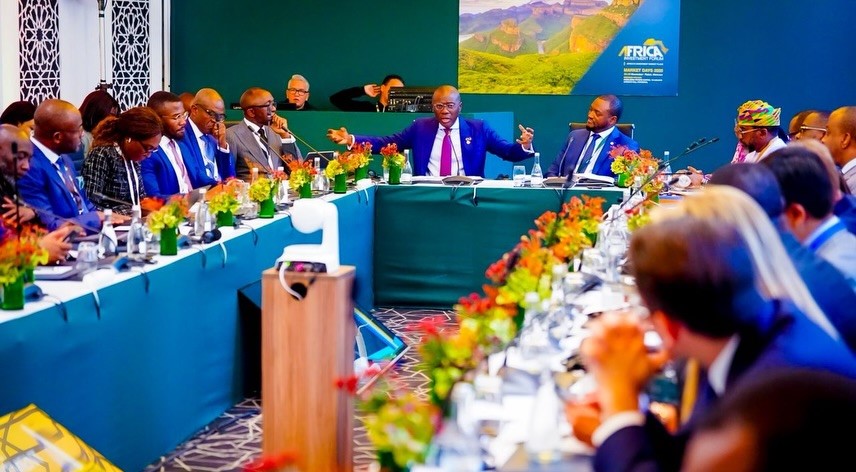
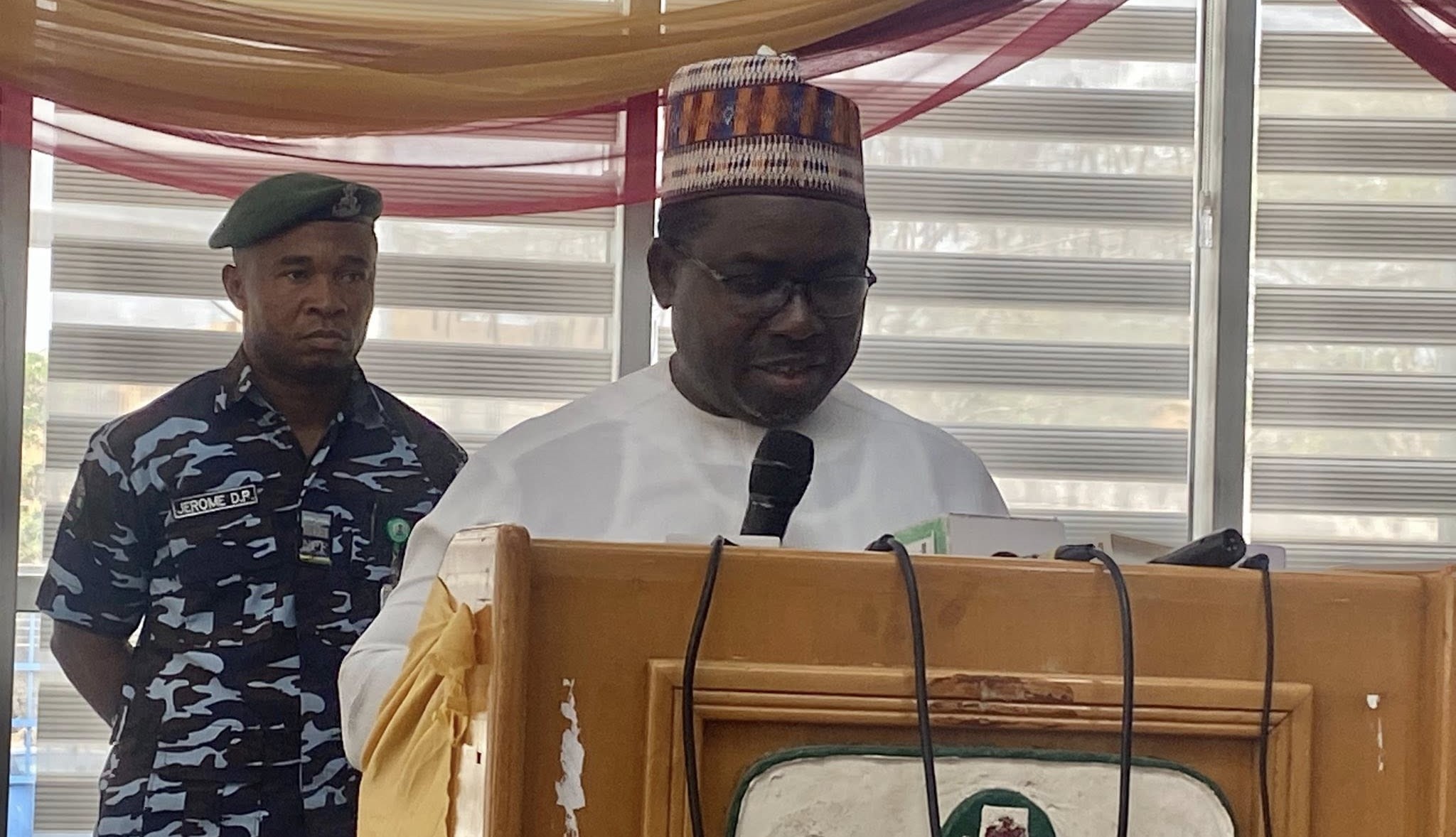
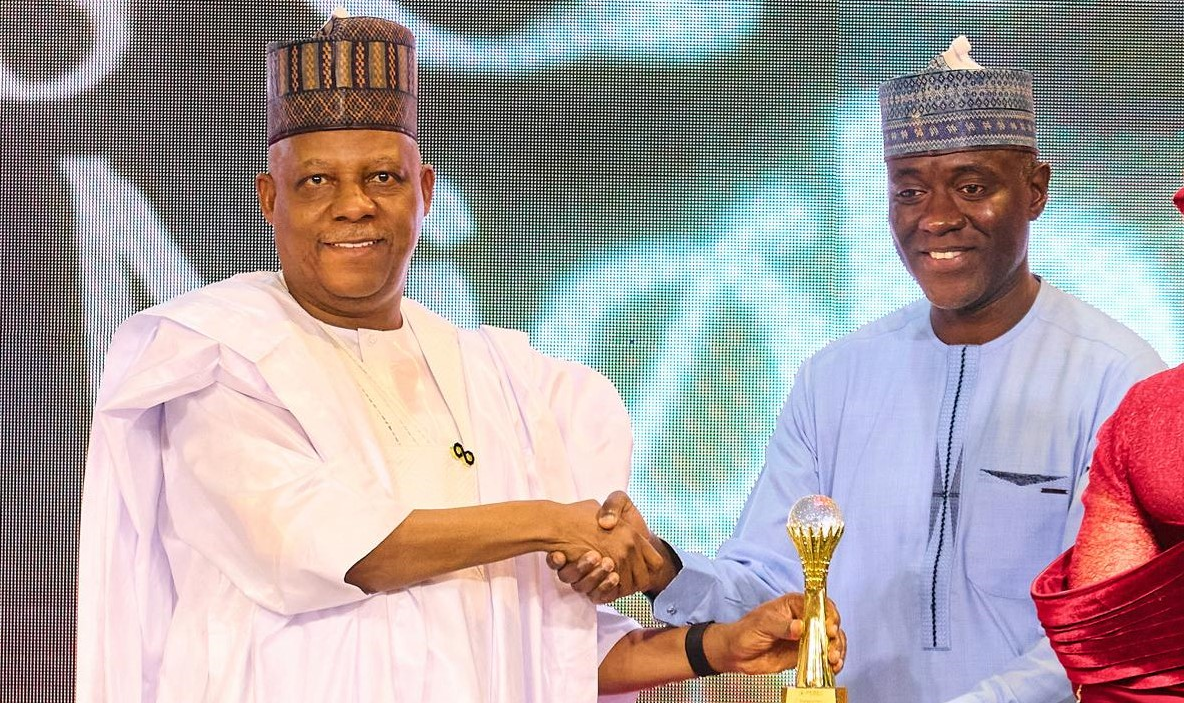
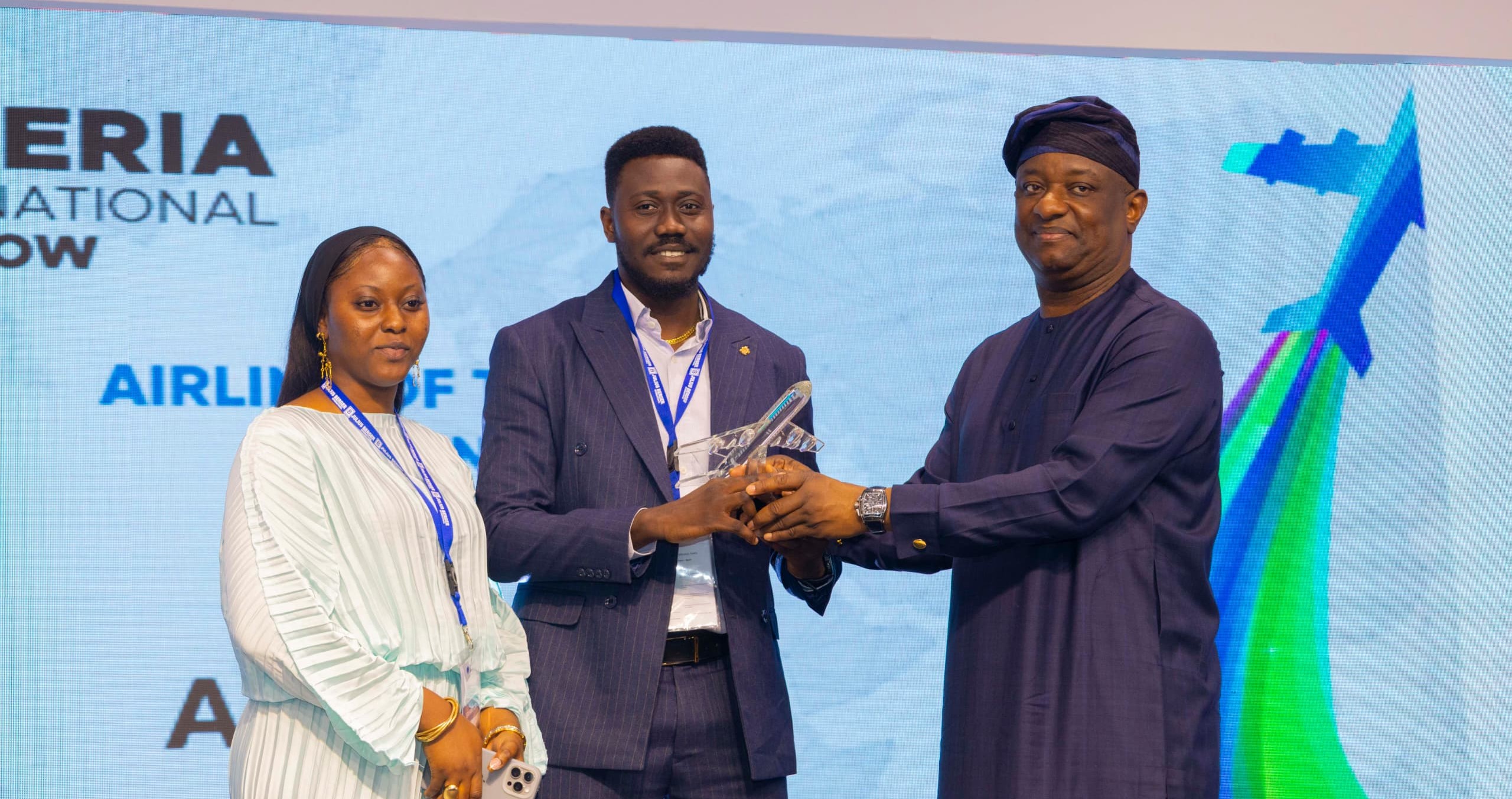
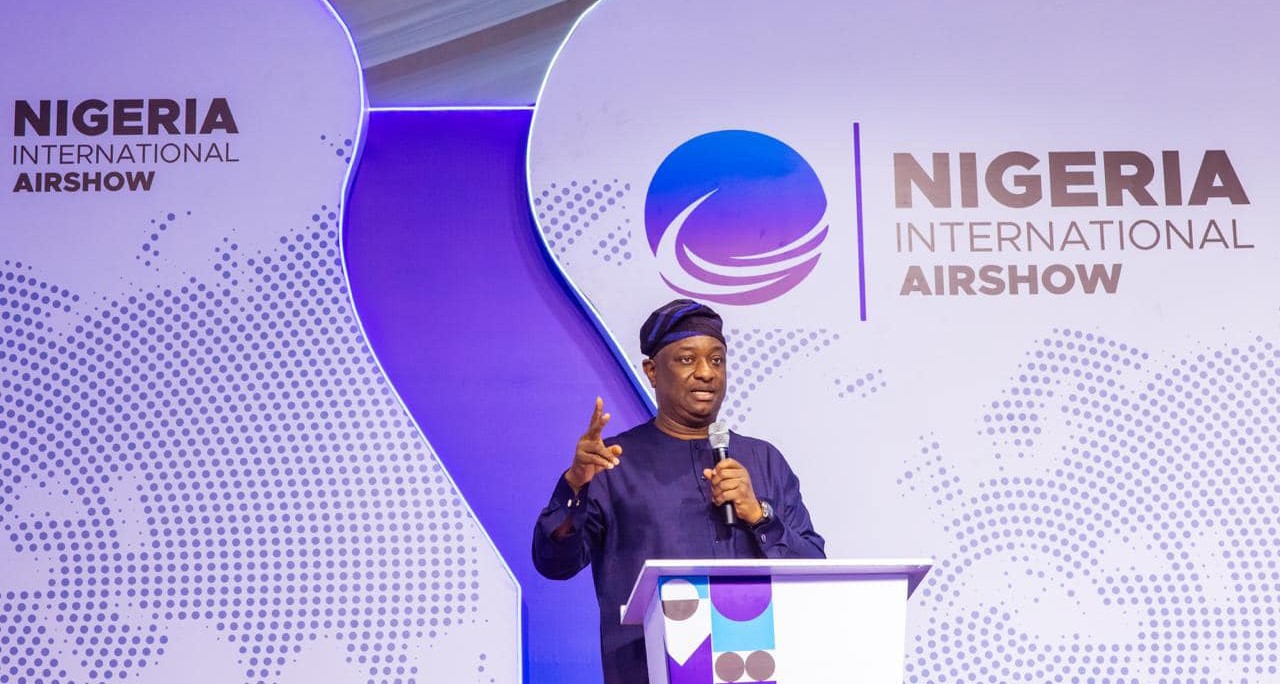

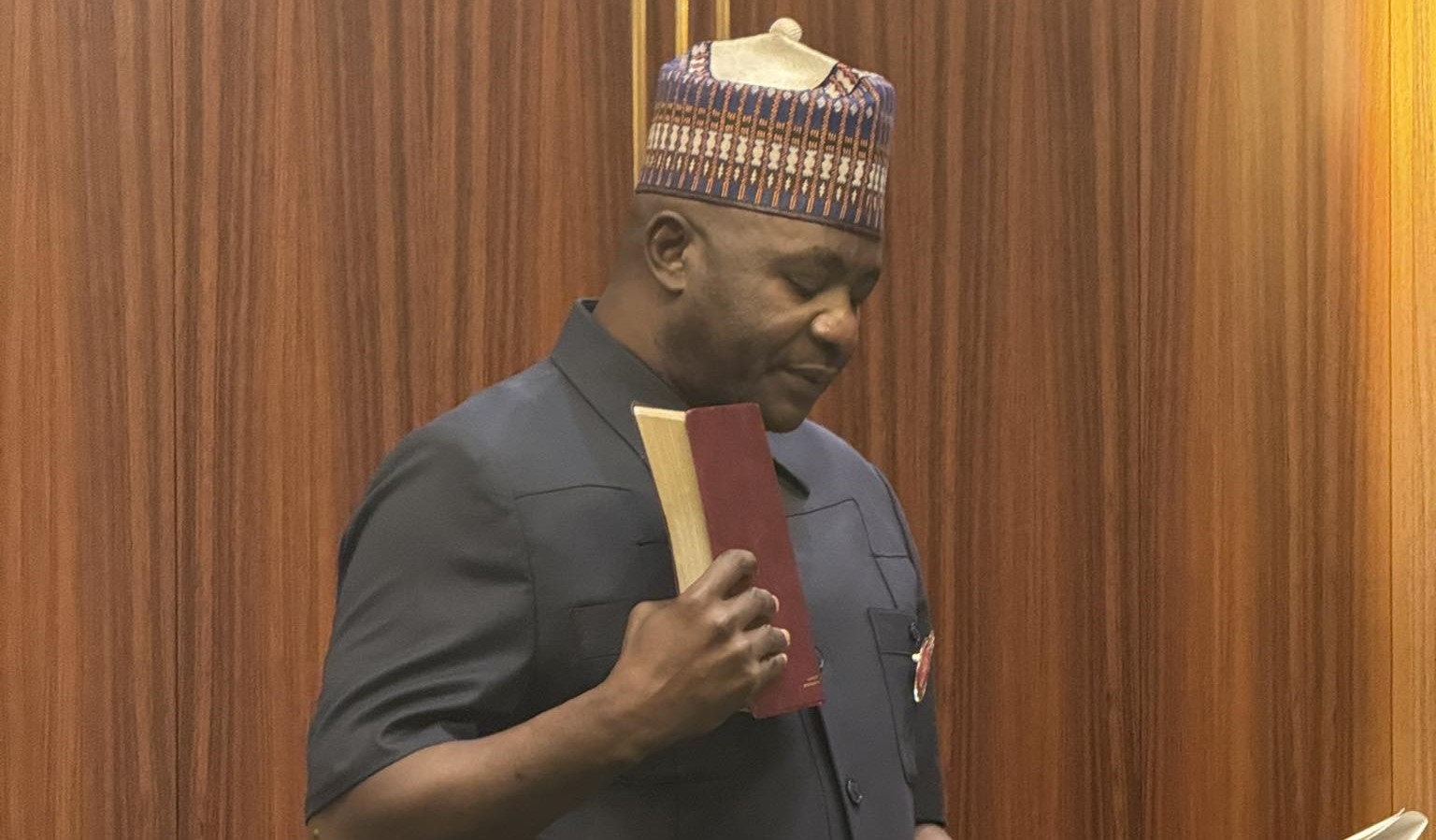
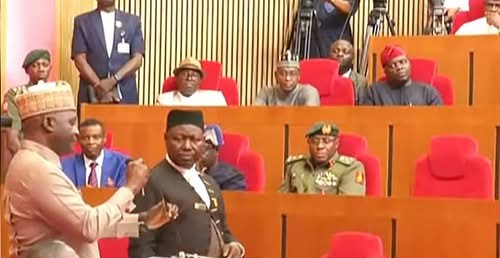
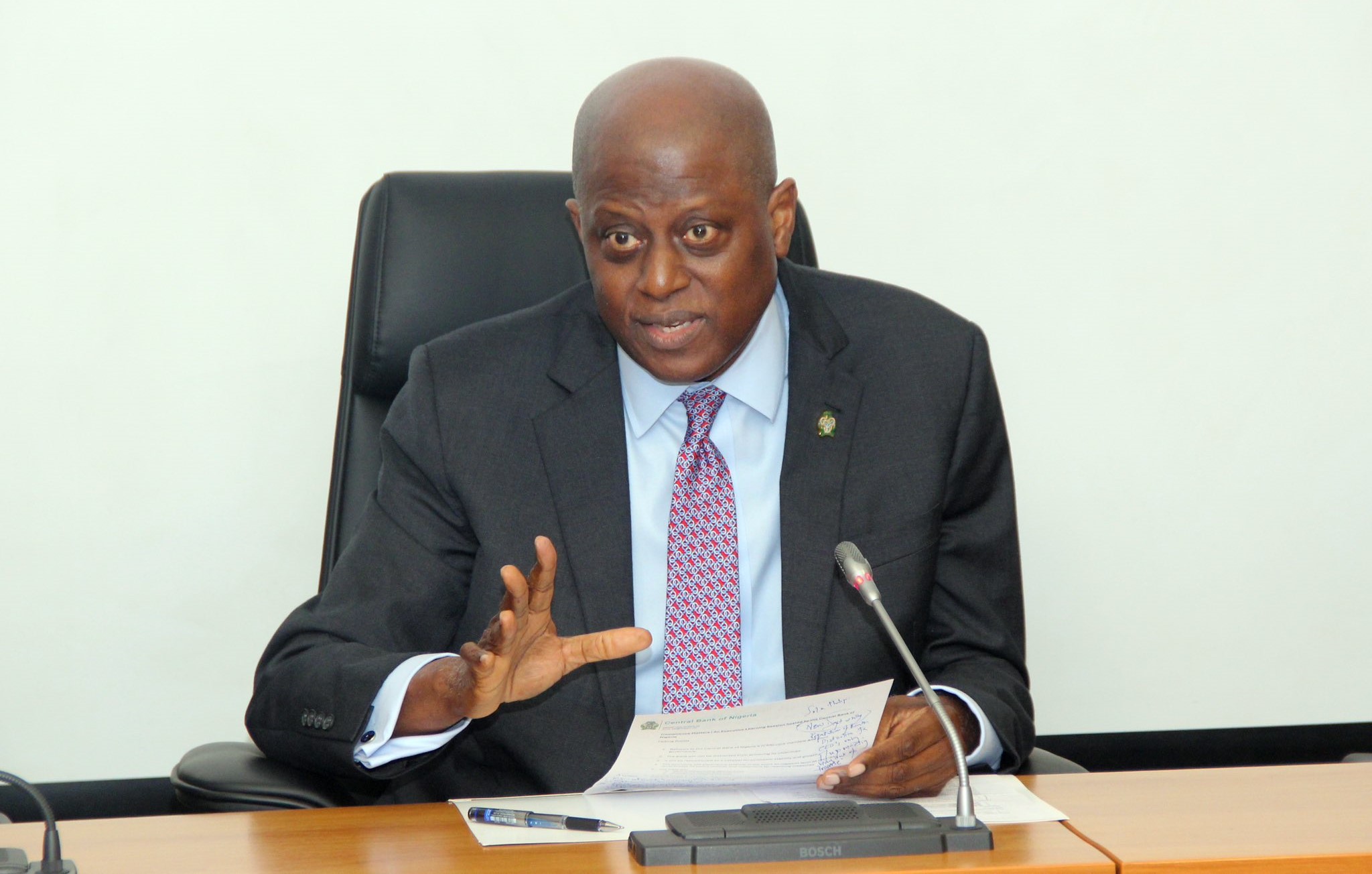
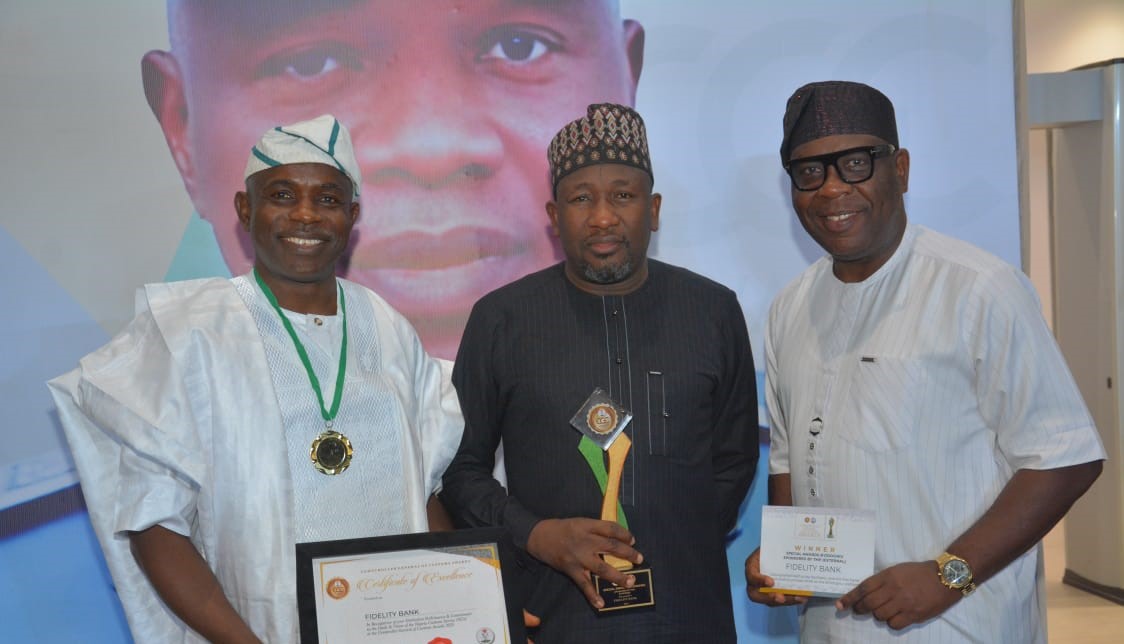
Comments
Be the first to comment on this post
Leave a Reply